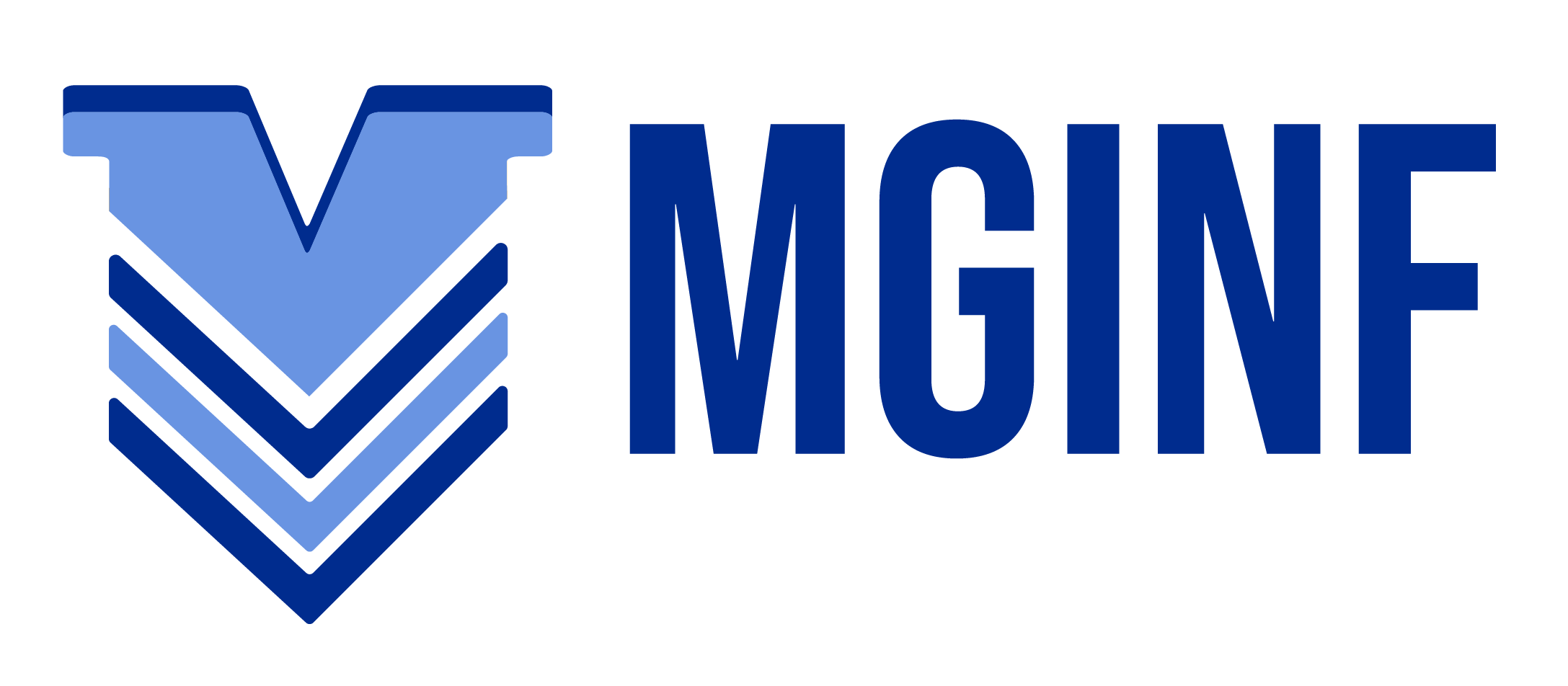Introduction
In an ever-evolving job market shaped by technological advancements and changing global dynamics, the question of “Which is the Best Degree for the Future?” becomes increasingly pertinent. The choice of degree holds significant weight in determining one’s career trajectory and success. This article aims to delve into various degree options, analyze current trends, and provide insights to help individuals make informed decisions about their educational pursuits.
Current Trends in the Job Market
As we navigate the complexities of the modern job market, it’s crucial to understand the prevailing trends. Emerging industries such as artificial intelligence, renewable energy, and biotechnology are reshaping the landscape of employment opportunities. Additionally, the rapid pace of technological advancement is leading to a paradigm shift in job requirements, with a growing emphasis on digital literacy and specialized skills.
Traditional Degrees vs. Specialized Degrees
Traditionally, degrees in fields such as business, healthcare, and liberal arts have been popular choices among students. While these programs offer a broad foundation of knowledge, they may lack the specificity required to excel in niche industries. On the other hand, specialized degrees cater to the demands of specific sectors, providing students with focused training and expertise.
Degrees in STEM Fields
STEM (Science, Technology, Engineering, and Mathematics) education has garnered significant attention in recent years due to its role in driving innovation and economic growth. Careers in STEM fields offer abundant opportunities for growth and advancement, with professions ranging from software engineering to biomedical research.
Degrees in Business and Management
The realm of business and management encompasses a diverse array of disciplines, including finance, marketing, and entrepreneurship. A degree in business equips individuals with valuable skills such as strategic thinking, problem-solving, and leadership, which are essential for success in today’s competitive business landscape.
Degrees in Healthcare and Medicine
The healthcare sector is experiencing unprecedented growth, driven by factors such as an aging population and advances in medical technology. Pursuing a degree in healthcare opens doors to a wide range of rewarding career paths, from nursing and pharmacy to medical research and healthcare administration.
Degrees in Creative Arts and Humanities
While STEM fields often dominate discussions about the future of work, the importance of creative arts and humanities cannot be overstated. Degrees in fields such as literature, history, and visual arts foster critical thinking, cultural awareness, and communication skills, which are invaluable in an increasingly interconnected world.
Future-Proofing Your Career with Interdisciplinary Degrees
In an era of multidisciplinary collaboration, interdisciplinary degrees offer a holistic approach to education by integrating knowledge from various disciplines. Programs such as environmental studies, digital media, and global studies equip students with versatile skill sets that are highly sought after in today’s job market.
The Role of Soft Skills in Career Success
While technical expertise is essential, soft skills play a crucial role in determining an individual’s effectiveness in the workplace. Skills such as communication, teamwork, and adaptability are increasingly valued by employers and can often make the difference between success and stagnation in one’s career.
Considering Global and Societal Trends
Globalization has transformed the way we work, making cross-cultural competency and international experience essential assets for career advancement. Furthermore, addressing pressing societal issues such as climate change, social inequality, and healthcare disparities requires a concerted effort from individuals with diverse educational backgrounds.
Practical Considerations: Cost, Time, and Return on Investment
When choosing a degree program, it’s essential to consider practical factors such as tuition costs, time commitment, and potential return on investment. While pursuing higher education is undoubtedly an investment in one’s future, it’s essential to weigh the financial implications and long-term benefits of various degree options.
Future Outlook and Predictions
While it’s impossible to predict with certainty what the future holds, certain trends and developments offer clues about the direction of the job market. With the rise of automation and artificial intelligence, jobs that require human creativity, empathy, and interpersonal skills are likely to remain in demand.
Conclusion
In conclusion, the question of “Which is the Best Degree for the Future?” is multifaceted and deeply personal. There is no one-size-fits-all answer, as the best degree for an individual depends on their interests, skills, and career aspirations. By staying informed about current trends, evaluating personal strengths and preferences, and considering practical factors, individuals can make informed decisions that set them on a path to success in the ever-changing landscape of the future job market.
